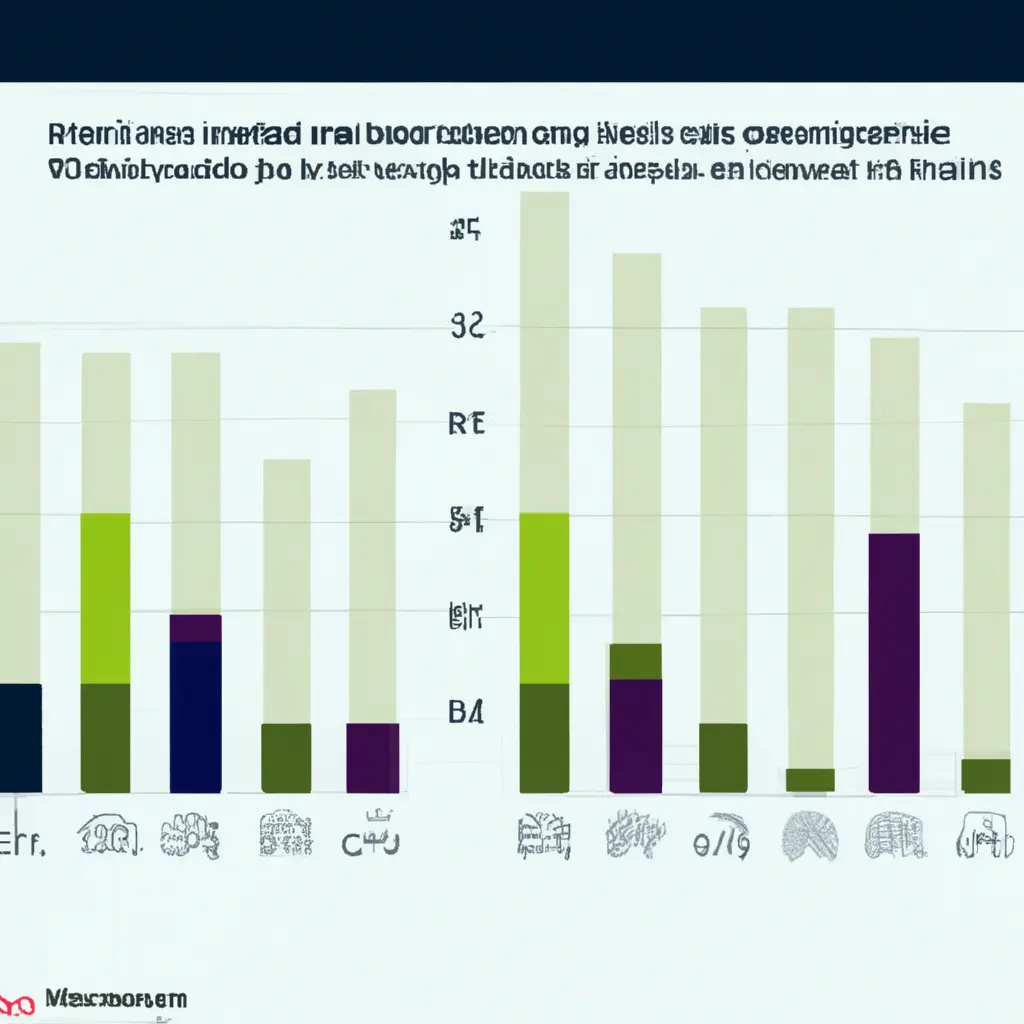No growth in electric car sales in Spain due to subsidies

In Spain, despite the generous grants and incentives offered by the government, the adoption of these vehicles in the country still lags behind other European Union countries. In search of more sustainable and environmentally friendly mobility, the Spanish government has taken steps to encourage the uptake of electric and plug-in hybrid vehicles. One such measure is the Program for Promoting Efficient and Sustainable Mobility, known as Moves III, which offers generous grants to buyers of these vehicles. Spain provides direct subsidies for the purchase of electric cars through the MOVES III program, with potential incentives of up to 7,000 euros for new electric vehicles and up to 5,000 euros for plug-in hybrid vehicles (PHEV). Here is a brief overview of the situation compared to other European Union countries:
Incentives for purchases:
- Spain offers direct subsidies for the purchase of electric vehicles through the MOVES III program, with potential incentives of up to 7,000 euros for new electric cars and up to 5,000 euros for plug-in hybrid vehicles (PHEV).
- Several European countries, such as Germany, France, and Hungary, also offer significant subsidies for the purchase of electric vehicles, ranging from 6,000 to 9,000 euros.
- Estonia stands out in this category, contributing up to 50% of the cost of electric vehicles.
Tax benefits for owners:
- Spain offers tax incentives for electric vehicle owners in certain cities, such as Madrid, Barcelona, Valencia, and Zaragoza.
- In these cities, electric vehicles can benefit from exemptions or significant reductions in road tax, as well as in municipal taxes related to the ownership and use of cars.
- Additionally, they can receive discounts on parking rates in regulated parking areas and have access to low-emission zones.
- Germany, France, and Greece also offer tax benefits, although in Greece the tax incentives are more generous, applying to electric vehicles and some hybrids.
Advantages for companies:
- In Spain, there are incentives for certain plug-in hybrid and hybrid cars.
- In other European countries, such as Hungary, Ireland, and Portugal, companies can also take advantage of subsidies and tax benefits for electric vehicles.
Infrastructure support:
- Spain is providing incentives for the development of charging infrastructure through the MOVES III program.
- Some European countries, such as Germany and France, offer assistance in developing charging infrastructure, although the approaches and amounts may vary.
However, despite these support initiatives, electric vehicle sales in Spain remain surprisingly low compared to other European countries. This contradiction raises questions about the challenges faced in the transition to cleaner mobility and potential solutions.
Source: Electromaps
The government has established Moves III with a clear goal: to encourage the gradual removal of old and polluting cars and replace them with more energy-efficient and environmentally friendly options. Theoretically, this sounds like a sustainable strategy. Buyers of electric and plug-in hybrid vehicles can receive subsidies of up to 7,000 euros, provided they scrap an old car. This is intended to stimulate consumers to choose more environmentally friendly vehicles. However, current data shows a significant gap between the ambitious government incentives and the reality on the roads of Spain.
14 May 2025
13 May 2025
14 May 2025


Reasons for the contradiction
So, what's happening in Spain? Why haven't generous subsidies stimulated the adoption of electric vehicles as expected? There are several reasons behind this discrepancy:
- Insufficient charging infrastructure: Despite progress, public charging infrastructure is still lacking in many regions of Spain. The shortage of fast charging stations and the need to install charging devices in residential buildings without parking spaces make it difficult to adopt electric vehicles, especially for those who take long trips.
- Electricity costs: The increase in electricity prices over the past year raises concerns among potential electric vehicle buyers. The fear of higher electricity expenses compared to traditional fuels may become a deterrent.
- Car prices: Despite subsidies, electric vehicles generally have a higher base price than their internal combustion counterparts. This, along with the lack of additional incentives, can make the decision to purchase more difficult.
- Comparison with other countries: The low adoption rates in Spain become even more apparent when compared to neighboring countries like France and Portugal, where electric vehicle sales exceed 15% in 2023.
Lack of consistency
The reality is that, although subsidies are an important step, the transition to more sustainable mobility does not depend solely on financial incentives. A comprehensive approach is needed that addresses charging infrastructure, consumer education, and offers a variety of affordable electric vehicle models.
In conclusion, the contradiction between generous government incentives and low electric vehicle sales in Spain highlights the complexity of the transition to sustainable mobility. Overcoming these challenges will require joint efforts from governments, automakers, and society as a whole to create a favorable environment for the adoption of electric vehicles. While the path may be difficult, the end result will be a cleaner and more sustainable environment for future generations.
Comment
Popular Offers

Subscribe to the newsletter from Hatamatata.com!
Subscribe to the newsletter from Hatamatata.com!
I agree to the processing of personal data and confidentiality rules of Hatamatata












